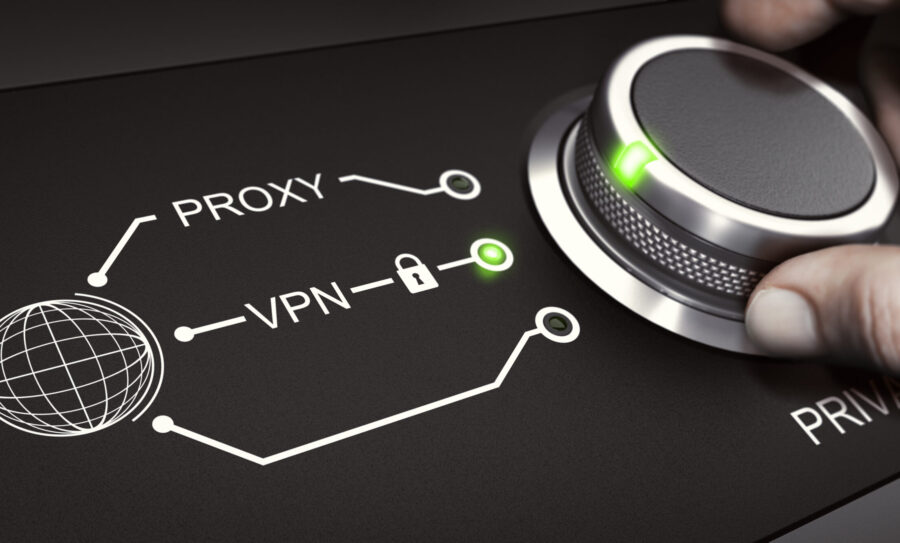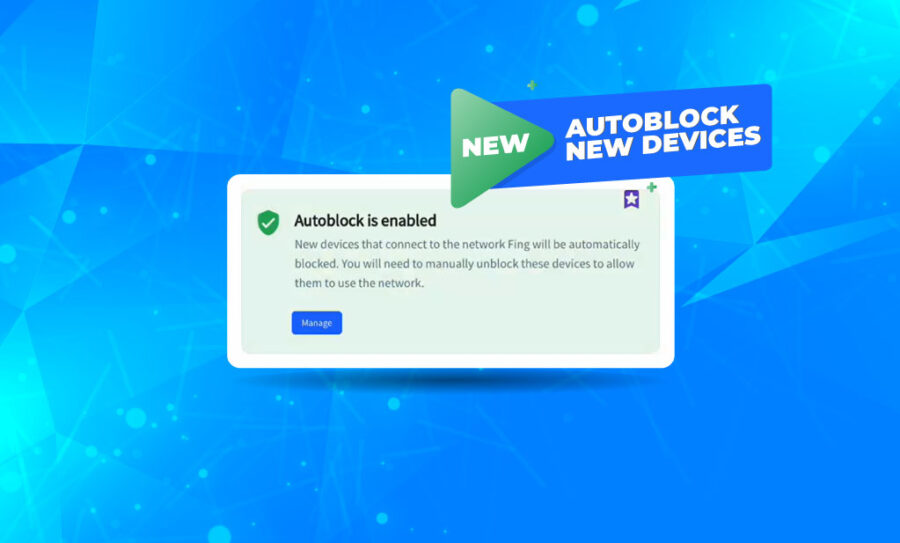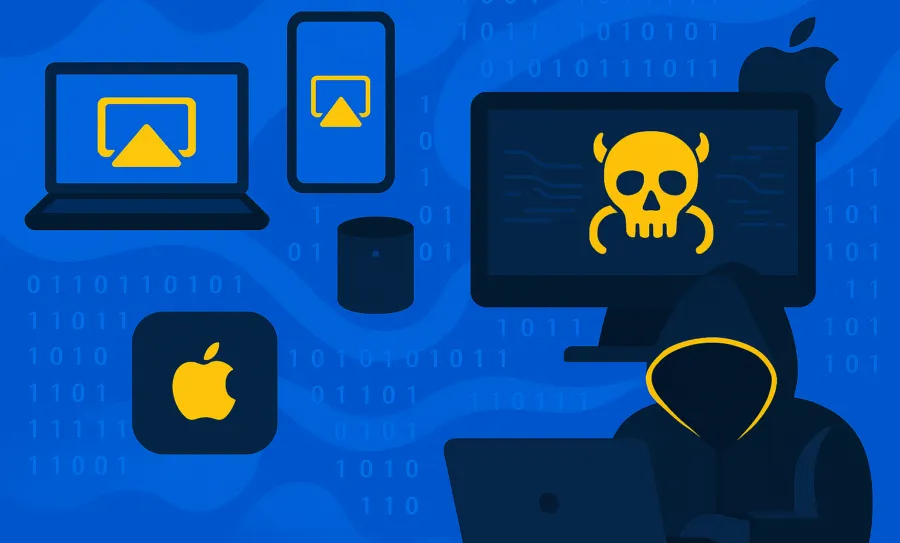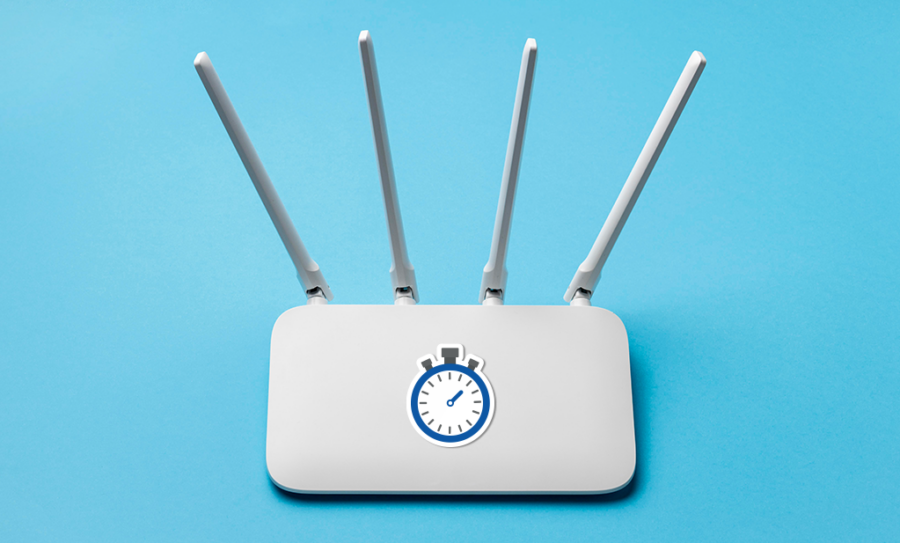Every day, more and more people feel at risk when using the internet. The current circumstances have pushed internet usage and connectivity time to its maximum, therefore it is of extreme importance to be safe while using your connected devices. As we have mentioned in a previous blog post, VPNs (or virtual private networks) are a great way to be protected against hacking, especially when working from home. However, they are not the only way. In this article, we will delve more into Proxy servers and VPNs, specifically their differences and similarities.
Let’s define Proxy servers and VPNs
VPNs and Proxy are used to cover your web activity while navigating the internet, therefore they do have the same end goal. However, they work in quite different ways. Specifically, the term proxy refers to a server application that plays the role of intermediary between you and the server. For example, whenever you connect to a website, or any device, you firstly connect to the proxy. After connecting to the proxy, you will be able to reach the website or device through an outside host server.
An important advantage that proxy give you is that it completely hides your identity. Since you are accessing the web through the proxy, only the proxy IP address will be seen. Moreover, there are different types of proxy to choose from:
- SOCKS5 proxies, which can be used for websites, streaming services, online games.
- Transparent proxies, which are usually set up in universities or libraries as a way to filter users’ content.
- HTTP proxies, which are mostly used to access websites.
Similarly to a proxy, a VPN hides your IP address and replaces it with the address of the VPN provider. However, a VPN works with every single website and app you visit, not only specific ones. In particular, the best VPNs to user are from providers that charge you because they are less likely to share your date with third parties.
Differences between VPNs and Proxy
Firstly, VPNs will surely encrypt your information, meaning no third party will be able to monitor what you do online. Secondly, VPN can be strict with your online privacy. In particular, if you choose a no-log policy VPN, you can be sure that the VPN providers won’t share your data with anyone. On the other hand, this is not implied with a free proxy server, therefore they could sell your data to third parties. It’s important to note that VPNs are available for various devices such as Mac, Android, and iPhone, allowing you to protect your online privacy on all your devices.
Moreover, please keep in mind that the usage of Proxy and VPNs can significantly slow down your browsing, depending on the traffic directed towards these servers. And finally, VPN are generally more expensive since they are more requested and considered as more reliable.






